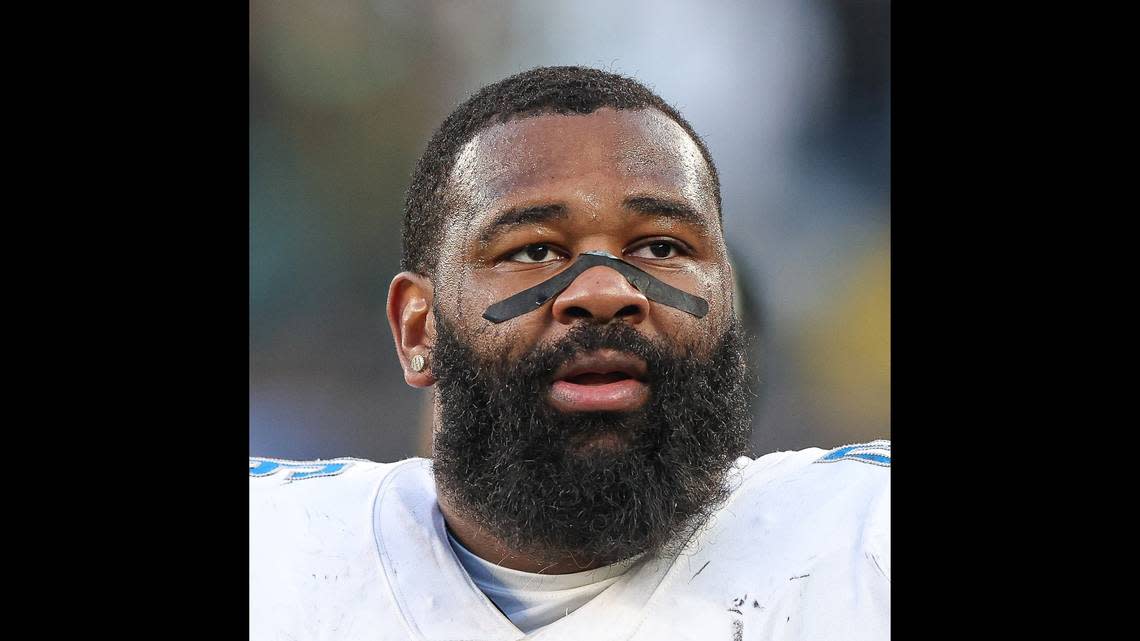Kansas City Chiefs release DL Isaiah Buggs following off-field incidents in AL

The Kansas City Chiefs released defensive lineman Isaiah Buggs on Monday afternoon, according to the NFL transaction wire.
A person familiar with the situation confirmed to The Star earlier Monday that Buggs was being let go; NFL Network’s Tom Pelissero first reported on Buggs’ imminent release.
Buggs, 27, remains in Tuscaloosa County jail, according to online logs, after his bond was revoked following a pair of off-field incidents in Alabama. Buggs was first booked into jail on June 17, according to the log.
In early May, Buggs was accused of animal cruelty in Tuscaloosa, according to a report from the Tuscaloosa Patch. Then, just over a week ago, Buggs was arrested by the Tuscaloosa County Sheriff’s Office on suspicion of domestic violence and burglary.
Buggs joined the Chiefs in January of this year after being cut by the Detroit Lions. He remained on KC’s practice squad for the rest of the season but did not appear in any games.
In February, the Chiefs signed Buggs to a futures contract. The 6-foot-3, 306-pound defensive tackle, who participated in the Chiefs’ mandatory mini-camp practices at the team facility two weeks ago, played his final two college seasons at the University of Alabama in Tuscaloosa.
Before his release, Buggs and his legal matters were part of a turbulent Chiefs offseason.
Receiver Rashee Rice faces eight charges after he admitted to being a driver in a recent high-speed crash on a Texas highway. Kicker Harrison Butker drew national attention following his comments during a commencement address at a Kansas Catholic college.
Also last month, Chiefs offensive linemen Wanya Morris and Chukwuebuka Godrick were arrested in Kansas and charged with possession of marijuana.
Chiefs coach Andy Reid was asked in late May whether he was frustrated with the number of off-field distractions in recent months.
“We don’t want those things, obviously, to happen. But things do happen, and you work through it,” Reid said then. “And my thing is, it’s important that you learn from it, and that you end it. So that’s important.”
